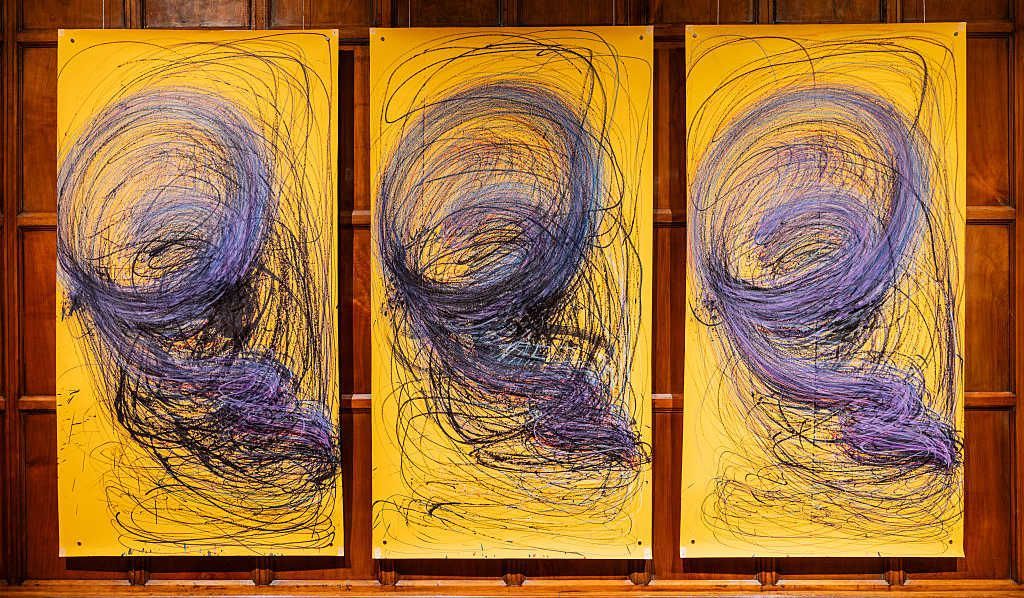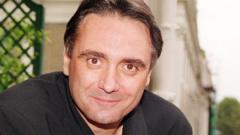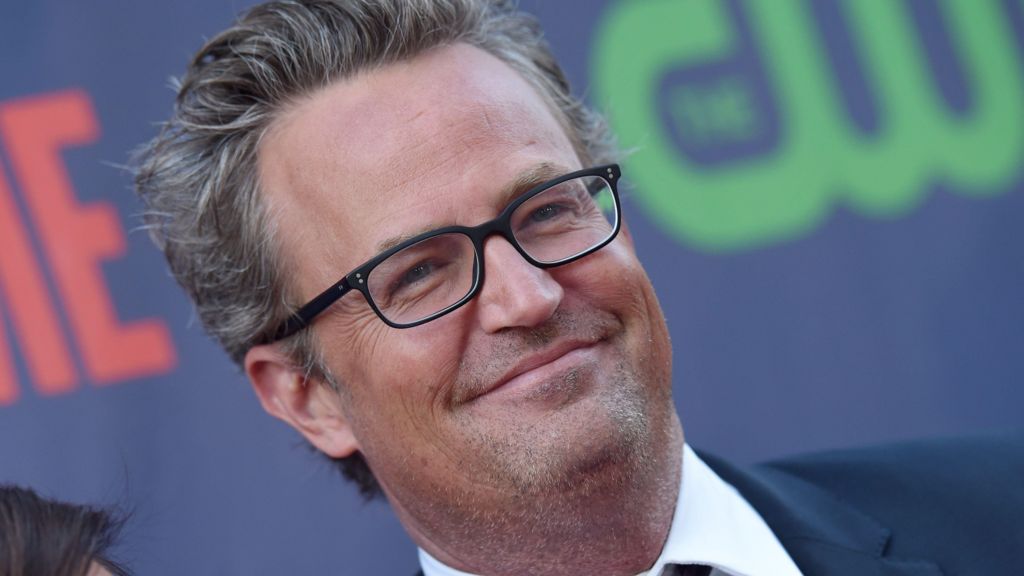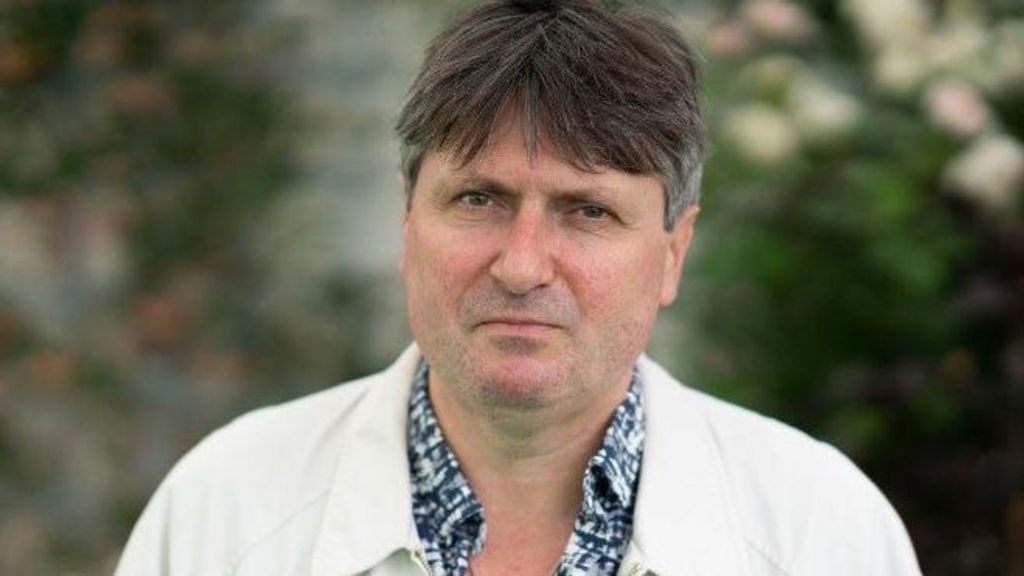
The debate over Israel’s participation in Eurovision continues to ripple across Europe, with more countries voicing concerns as the next contest approaches. Politicians in Spain — a Eurovision veteran with 64 consecutive appearances (save for 2020) — first raised questions about Israel’s place in the competition after Eurovision 2025 concluded. Now, fresh remarks from the Culture Minister signal the country may be prepared to go further and reconsider its own participation.
Tensions have also escalated in recent days, as public broadcasters in Slovenia and Iceland floated the idea of withdrawing should Israel be allowed to compete again.
Against this backdrop, Spain’s Minister of Culture, Ernest Urtasun, said publicly that measures will be considered if Israel remains in the contest.
Spain’s Eurovision withdrawal: “It’s a possibility”
Speaking on La Hora de la 1, the morning news-talk show of Spain’s public broadcaster RTVE, Culture Minister Ernest Urtasun firmly defended the idea of pulling Spain out of Eurovision 2026 if the European Broadcasting Union (EBU) allows Israel to remain in the competition.
“We cannot normalise Israel’s participation in events like Eurovision,” Urtasun declared. “Both in La Vuelta and in Eurovision, there is a clear national representation. It’s not just about a single artist.”
His mention of La Vuelta, Spain’s renowned multi-stage cycling race, is telling. This year’s edition has been repeatedly disrupted by pro-Palestinian demonstrators blocking the route, in protest against the inclusion of an Israeli delegation.
Urtasun stressed that the final call rests with RTVE, yet made clear that the government would not remain passive if Israel takes part.
“This is RTVE’s decision, but what I can say is that if Israel participates and we cannot expel the country from the contest, then we will have to adopt measures — including withdrawing altogether.”
Decision pending at RTVE
Since the curtain fell on Eurovision 2025, Spain’s public broadcaster RTVE has been at the forefront of calls to reassess Israel’s place in the contest. Alongside other European broadcasters, RTVE has gone further, demanding an independent audit of Spain’s public vote and pushing for broader voting reforms — questioning whether the system is fair when politics weigh so heavily on the stage.
For now, RTVE has confirmed there are no updates. The broadcaster announced on Tuesday that a decision on Spain’s participation in Eurovision 2026 will not be made until December. “All scenarios are possible” advanced TVE director Sergio Calderón.
That month is shaping up to be decisive. The issue of Israel’s participation is expected to take center stage at the EBU’s upcoming General Assembly in December. Only then will broadcasters know if Israel is officially cleared to compete. Reflecting the gravity of the situation, the EBU has extended the deadline for broadcasters to withdraw without penalty from October to December — giving countries more time to weigh their options.
“We understand the concerns and deeply held opinions about the current conflict in the Middle East. We continue to consult with all EBU members to gather opinions on how to manage participation and geopolitical tensions surrounding the Eurovision Song Contest,” said Martin Green, director of the contest, to La Vanguardia this past Tuesday.
Benidorm Fest 2026: preparations continue
Amid the uncertainty over Spain’s role in Eurovision 2026, preparations for Benidorm Fest remain firmly on track. The national selection show — which has chosen Spain’s Eurovision entries since 2022 — will return next February regardless of whether Spain participates in Vienna or not, with semi-finals set for the 10th and 12th and the grand final on the 14th.
On Tuesday, RTVE unveiled the first stage renders for Benidorm Fest 2026, offering fans a glimpse of what’s to come. The design features a massive LED screen, a central platform branching into two walkways, and architectural nods to Benidorm’s famous Mediterranean balcony — complete with a compass-rose motif. Conceived as a large-scale television spectacle rather than a simple talent contest, the new pentagonal stage will expand capacity at the Palau d’Esports l’Illa, while dialing down the prominence of the jury’s set compared to previous editions.
One of the standout innovations this year is the flexibility offered to artists in staging their performances. For the first time, participants can either work with RTVE’s in-house creative team, led by Sergio Jaén, or bring in their own independent teams, with RTVE providing technical oversight and support.
Another first: rehearsals will be open to the public. Much like Eurovision itself, Benidorm Fest is aiming to professionalise its production and strengthen its status as one of Spain’s flagship television events.
And for fans eager to know who will compete: mark your calendars. RTVE confirmed that the lineup of artists will be revealed in mid-October. In the meantime, submissions remain open until September 24.














